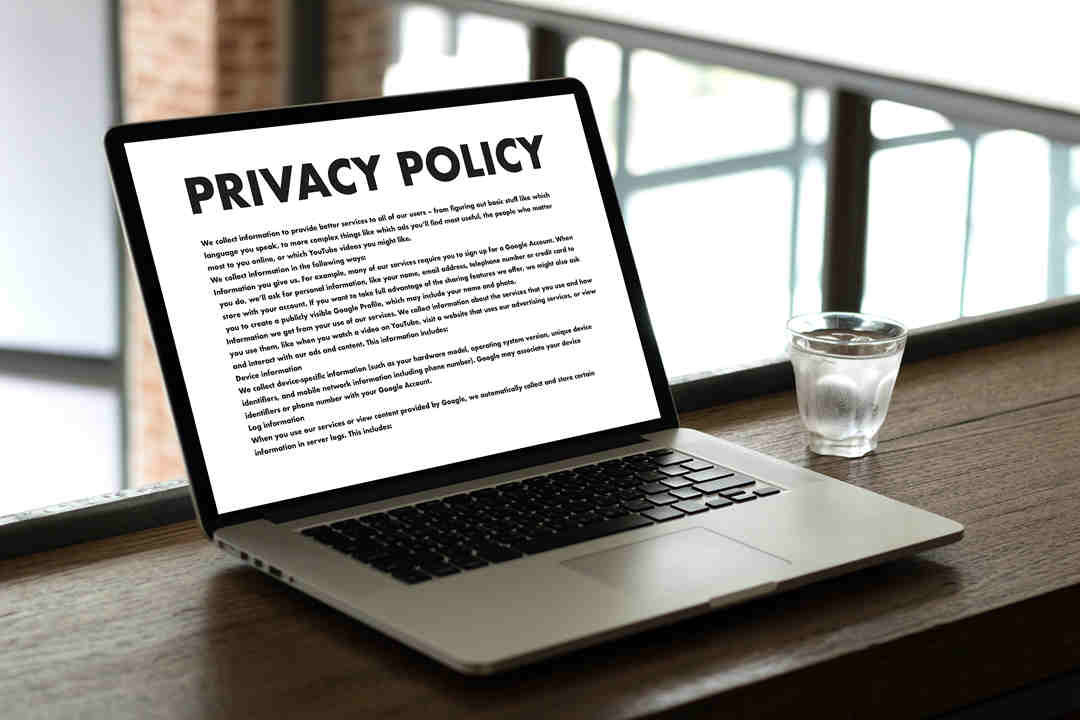
Technology
09:55, 09-Apr-2019
Big Tech feels the heat as U.S. moves to protect consumer data
CGTN

Momentum is gaining in Washington for a privacy law that could sharply rein in the ability of the largest technology companies to collect and make money off people's personal data.
A national law, the first of its kind in the U.S., could allow people to see or prohibit the use of their data. Companies would need permission to release such information.
If it takes effect, a law would also likely shrink Big Tech's profits from its lucrative business of making personal data available to advertisers so they can pinpoint specific consumers to target.
Behind the drive for a law is rising concern over the compromise of private data held by Facebook, Google and other tech giants that have earned riches by aggregating consumer information. The industry traditionally has been lightly regulated and has resisted closer oversight as a threat to its culture of free-wheeling innovation.

VCG Photo
VCG Photo
Support for a privacy law is part of a broader effort by regulators and lawmakers to lessen the domination of companies like Facebook, Google and Amazon. Some, including Sen. Elizabeth Warren, a Democratic presidential candidate, have called for the tech giants to be split up.
The Trump White House said in the past that it could endorse a broad data privacy law.
The big tech companies have been nervously eyeing a tough privacy law taking effect next year in California. That measure will allow Californians to see the personal data being collected on them and where it's being distributed and to forbid the sale of it. With some exceptions, consumers could also request that their personal information be deleted entirely.
Whatever federal privacy law eventually emerges is expected to be less stringent than the California measure and to supersede it. As a result, the tech industry is trying to help shape any national restrictions.
“This is the first time ever that the industry wants legislation,” said Jeffrey Chester, executive director of the Center for Digital Democracy, a privacy advocacy group. “The industry is terrified.”

VCG Photo
VCG Photo
On Tuesday, a House committee will press Google and Facebook executives about another urgent concern involving Big Tech: Whether they're doing enough to curb the spread of hate crimes and white nationalism through online platforms. The Judiciary Committee hearing follows a series of violent incidents fueled in part by online communication.
Facebook, used by two-billion-plus people including over 200 million in the U.S., has been a particular lightning rod for industry critics. Having had its reputation tarnished over data privacy lapses, a tide of hate speech and a spread of disinformation that allowed Russian agents to target propaganda campaigns, Facebook appears ready to embrace a national privacy law.
Facebook's founder and CEO, Mark Zuckerberg, published a column last month in the Washington Post calling for tighter regulations to protect consumer data, control harmful content and ensure election integrity and data portability.
“The Internet,” Zuckerberg wrote, “needs new rules.”
Amazon says it has built its business on protecting people's information, “and we have been working with policymakers on how best to do that.”
“There is real momentum to develop baseline rules of the road for data protection,” Google's chief privacy officer, Keith Enright, has said in a policy paper. “Google welcomes this and supports comprehensive, baseline privacy regulation.”
A sweeping “privacy shield” law in the European Union, covering how tech companies handle personal data in the 28-country bloc, should be a model, Zuckerberg wrote. EU regulators recently fined Google $1.7 billion for freezing out rivals in the online ad business – their third penalty against the search giant in two years. The EU watchdogs have also ordered Apple and Amazon to pay back taxes and fined Facebook for providing misleading information in its acquisition of WhatsApp.
Source(s): AP

SITEMAP
Copyright © 2018 CGTN. Beijing ICP prepared NO.16065310-3
Copyright © 2018 CGTN. Beijing ICP prepared NO.16065310-3